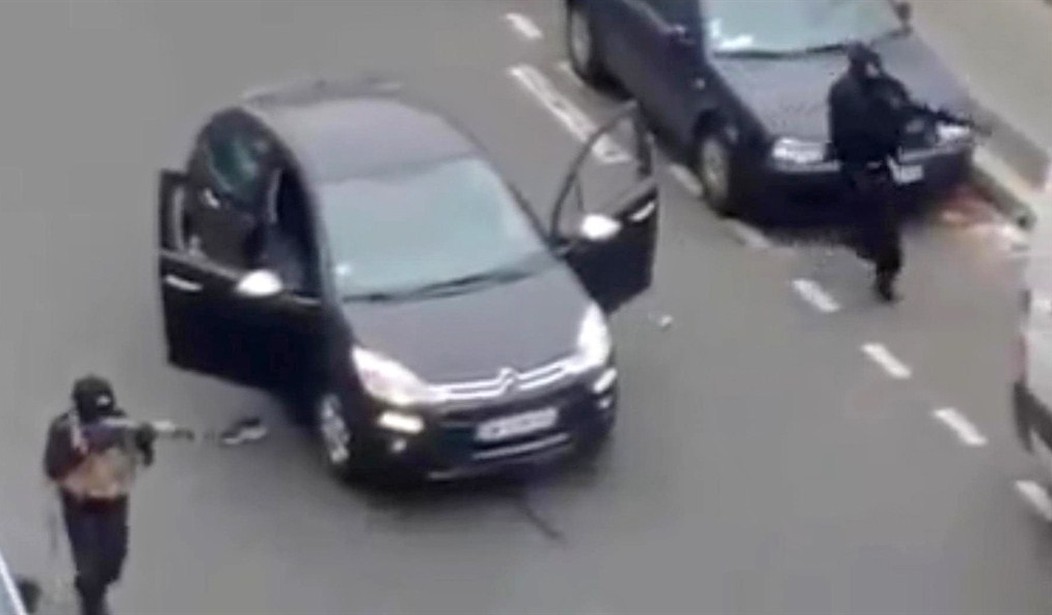Sri Lanka: On Thursday, 8 January, voters will elect the next president of Sri Lanka.
President Rajapaksa called for an early vote in November, based on his analysis of his chances for winning an unprecedented third six-year term as president. His political judgment looked accurate until a close advisor defected to become his leading rival. At this point the election is too close to call.
Comment: As of last November, Rajapaksa was almost certain to be elected to a third six-year term. Some political leaders judged that the Rajapaksa family was determined to set up a dynasty. That is because after the destruction of the Tamil Tigers and the end of the civil war, Sri Lanka has prospered. Rajapaksa expected an easy win.
Instead, one of Rajapaksa's top advisors defected to lead the opposition coalition. Maithripala Sirisena has run on a platform that seeks to end crony capitalism, nepotism and corruption. He wants to investigate multiple investment schemes that involve high-rolling Chinese investors. He also wants to scrap the constitution in favor of a constitution based on Westminster in which parliament is more powerful and important than the presidency.
Sirisena has the backing of the rural Sinhalese, the Buddhists, the Tamils and the Muslim and Christian minorities. He has offered little to the minorities, but they recognize that Rajapaksa has done nothing for them
Sri Lanka has prospered under Rajapaksa, since the end of the Tamil insurrection. That prosperity appears to be driving the opposition. Prosperity has benefitted Rajapaksa, his family and his cronies. The appeal of the opposition is that it is now their turn.
Recommended
Saudi Arabia: Update. Saudi security authorities ordered increased vigilance in the aftermath of Monday's border clash. The only new information is that all the dead infiltrators were Saudis. The investigation continues.
Feedback on the incident at Suweif. Feedback overwhelmingly supported a scenario in which the Saudi brigadier general expected to meet someone at Suweif, but the incident backfired. The main alternative explanation is that the general was the target of assassination because he commanded the border guards in the province. He was lured to the border crossing point.
The Saudis have provided no additional information about the incident. The Suweif border crossing point is not open and is closed most of the year.
Thanks to all Readers who shared their thoughts and insights. More as warranted.
Ukraine: According to a press release on 6 January from the Organization for Security and Cooperation in Europe (OSCE), "the situation in 'Donetsk People's Republic'-controlled areas had deteriorated considerably in the past 24 hours, with 69 ceasefire violations reported."
Ceasefire violations occurred on both sides of the conflict, with 32 violations recorded by the Ukrainian Armed Forces and 37 by pro-Russian militants in the area. Most of the attacks targeted areas near the Donetsk airport.
Comment: No side has declared the ceasefire a failure yet, but the spikes in violations signify that the holiday lull has ended.
Comment on the Paris attack: The US and international media persist in asking how three guys could get the guns and other stuff needed to pull off a military commando-style attack in Paris and escape, at least for a while. Conventional analysis techniques leave the question unanswered.
A living systems analysis describes what also must be present to enable today's attack and escape. In this analysis, the shooters are the products of a living system. A living system has 20 subsystems that process information, matter and energy in order to sustain life. They are present in every terrorist cell.
The graphics that follow expose the system that is essential for any terrorist attack in Paris or any other city.
In a living systems analysis, the shooters are the output of a system that enables and empowers them. As long as that system remains intact, it can continue to produce shooters with virtual impunity. The system must be the focus of the counter-terror investigation. The French and international authorities, however, will tend to track down the shooters and their friends. Already some pundits have labeled the attack as a lone wolf attack.
The lone wolf label means that the authorities have failed to appreciate and toreconstruct the living system that sustained and empowered the so-called lone wolves. The 20 subsystems always are present otherwise the system dies. A state can kill the shooters, but others will return unless the system itself is destroyed.
End of NightWatch
###
NightWatch is brought to readers of Townhall Finance by Kforce Government Solutions, Inc. (KGS), a leader in government problem-solving, Data Confidence® and intelligence. Views and opinions expressed in NightWatch are solely those of the author, and do not necessarily represent those of KGS, its management, or affiliates.
A Member of AFCEA International

























Join the conversation as a VIP Member